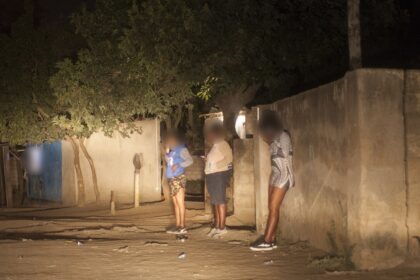#ElectionsZW: By-elections expose gender imbalance in Zimbabwean politics
By Joel Mandaza
The forthcoming by-elections will be male-dominated, as women only represent 13.5% of the total candidates running for Parliamentary seats.
A recent government gazette carrying names of all people vying for Parliament showed that out of 118 candidates, contesting in the March 26 polls, only 16 are female.
Out of 29 constituencies, 15 have no female candidates running.
This includes hotspot constituencies, such as Nkulumane, Glen Norah, Highfield West, Kambuzuma, Mkoba, Murewa South, Marondera East, Marondera Central, Dangamvura Chikanga, and Kuwadzana East.
The Citizens Coalition for Change under Nelson Chamisa fielded only three female candidates for Parliament, namely Susan Matsunga (Mufakose), Judith Tobaiwa (Kwekwe Central), and Sichelesile Mahlangu (Pumula).
Zanu PF fielded four female candidates, namely Zalerah Makari (Epworth), Mavis Gumbo (Harare East), Ncube Musa (Tsholotsho South), and Betty Nhambu-Kaseke (Kuwadzana).
The disparity does not reconcile with the 2013 Constitution, which in Chapter 17 states that both genders should be represented in all institutions and agencies of government at every level.
“women constitute at least half the membership of all Commissions and other elective and appointed governmental bodies established by or under this Constitution or any Act of Parliament;” Chapter 17 b(ii) in the 2013 Constitution reads.
Currently, the Zimbabwean Parliament has 34% women, as a result of the proportional representation law which saw the number of women legislators grow from 16% in 2013 to 34% in 2018.
In a bid to continue saving face, Zimbabwe moved to extend the term of proportional representation by another 10 years. The term was supposed to lapse ahead of the 2023 general elections.
However, it drew mixed fillings among women’s organisations and female politicians. Some like Linda Masarira were against it arguing that it only makes women more vulnerable Meanwhile, Zimbabwe continues to lag behind its continental peers like Rwanda, which has 63% women representation in Parliament.



